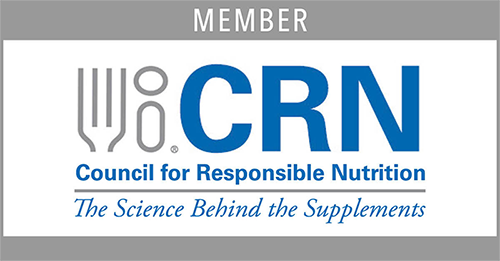What is It?*
Source Type: Mineral
Source(s):
- Naturally found in some plant and animal foods (fish, seaweed, shrimp, dairy products, eggs)
- Iodized salt
- Chemically synthesized in labs
Iodide is an essential trace mineral that the body needs to make thyroid hormones, specifically thyroxine (T4) and triiodothyronine (T3). These hormones are synthesized in the thyroid gland and are essential for maintaining proper metaoblism, body temperature, and growth and development.
Benefits*
Iodide is beneficial for thyroid hormone synthesis. It is also an important component of fetal and infant development and cognitive function during childhood. It may also be beneficial for reducing symptoms of fibrocystic breast disease.
Effectiveness*
Iodide is highly effective in its role as a component of thyroid hormones. When dietary iodide intake is sufficient, the thyroid gland can produce the necessary hormones to maintain normal physiological functions.
Iodide is particularly important during pregnancy and infancy. It’s essential for the development of the fetal brain and nervous system. Because of its efficacy, The American Thyroid Association recommends that women who are pregnant, planning to become pregnant, or breastfeeding take a daily supplement containing 150 mcg of iodide as potassium iodide.
Numerous studies have found that very high dose iodide supplements may reduce the pain and other symptoms of fibrocystic breast disease. However, you must check with your healthcare provider before taking iodide for this condition, as iodide can be unsafe at high doses.
Risks*
Inadequate iodide intake can lead to iodide deficiency, which can result in an enlarged thyroid gland (goiter) and various health problems. The most severe consequence of iodide deficiency is intellectual disabilities, especially in children born to mothers with insufficient iodide intake during pregnancy.
Excess iodide can result in similar effects as iodide deficiency. High intakes of iodide can lead to thyroid dysfunction, goiter, hyperthyroidism, or hypothyroidism. It can also cause fever, stomach pain, nausea, vomiting, diarrhea, weak pulse, and coma.
Iodide can interact with certain medications, including Tapazole, lithium, and amiodarone. Additionally, iodide in the form of potassium iodide can interact with blood pressure medications and diuretics, which can increase the amount of potassium in your blood to unsafe levels.



